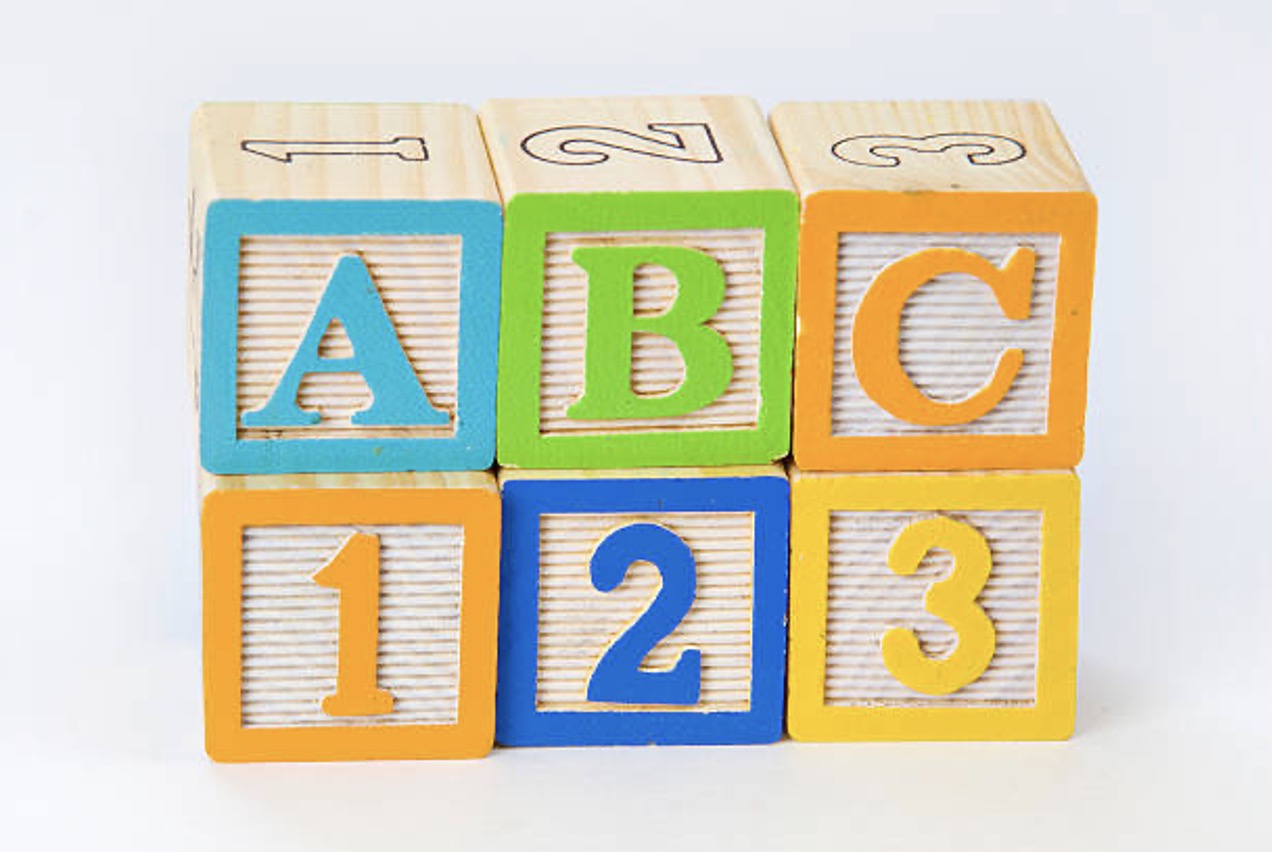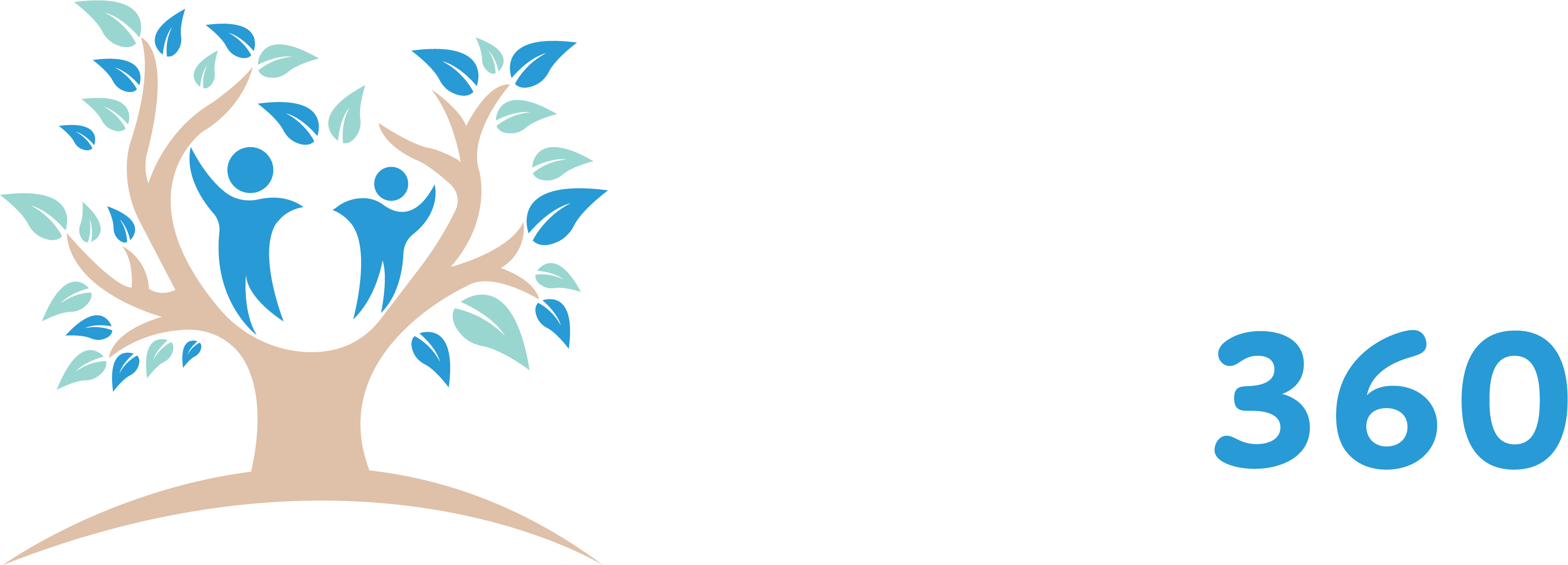Research

Building Blocks for Success: How Early Childhood Education Shapes Brain Development

One of the most important building blocks for success in early childhood education is language development. Children learn to communicate through language, and this is essential for their social and emotional development. Children who have strong language skills are more likely to be successful in school and in life. They are better able to express themselves, understand others, and form relationships. Educators can support language development by providing children with opportunities to listen to and speak with others, and by providing a rich and diverse language environment.
Another key building block for success in early childhood education is cognitive development. This refers to the development of children’s thinking, reasoning, and problem-solving abilities. Children who have strong cognitive skills are better able to understand and make sense of the world around them. They are also more likely to be successful in school and in life. Educators can support cognitive development by providing children with opportunities to explore and discover, and by encouraging them to ask questions and think critically.
Social and emotional development is also an important building block for success in early childhood education. Children who have strong social and emotional skills are better able to form relationships, understand and express their emotions, and regulate their behavior. They are also more likely to be successful in school and in life. Educators can support social and emotional development by providing children with opportunities to interact with others, and by teaching them how to express their emotions and regulate their behavior.
Physical development is also a crucial building block for success in early childhood education. Children who have strong physical skills are better able to navigate their environment, move with confidence and control, and explore their surroundings. They are also more likely to be successful in school and in life. Educators can support physical development by providing children with opportunities to move and play, and by teaching them how to take care of their bodies.
Lastly, creativity is an essential building block for success in early childhood education. Children who have strong creativity skills are better able to think outside the box, come up with new ideas, and solve problems in unique ways. They are also more likely to be successful in school and in life. Educators can support creativity by providing children with opportunities to explore and experiment, and by encouraging them to think in new ways.
In conclusion, early childhood education is a crucial period in a child’s life as it lays the foundation for their future success. The building blocks for success in early childhood education include language development, cognitive development, social and emotional development, physical development, and creativity. By understanding these building blocks and providing children with opportunities to develop them, educators, parents, and policymakers can ensure that children have the best possible start in life.
Start using Personhood360 for free!
Access all Personhood360 features for 30 days, to see how Personhood360 can add value to your early childhood centre.
Or compare plans from $2.45 per child/month
![]() Cancel any time
Cancel any time![]() Online Support
Online Support
